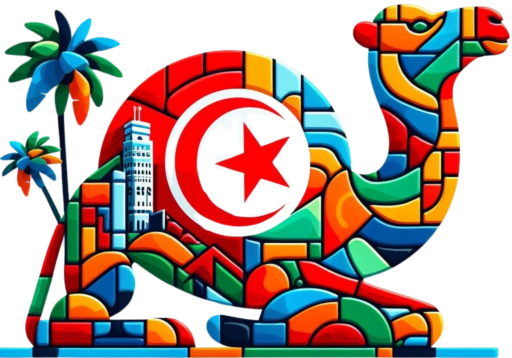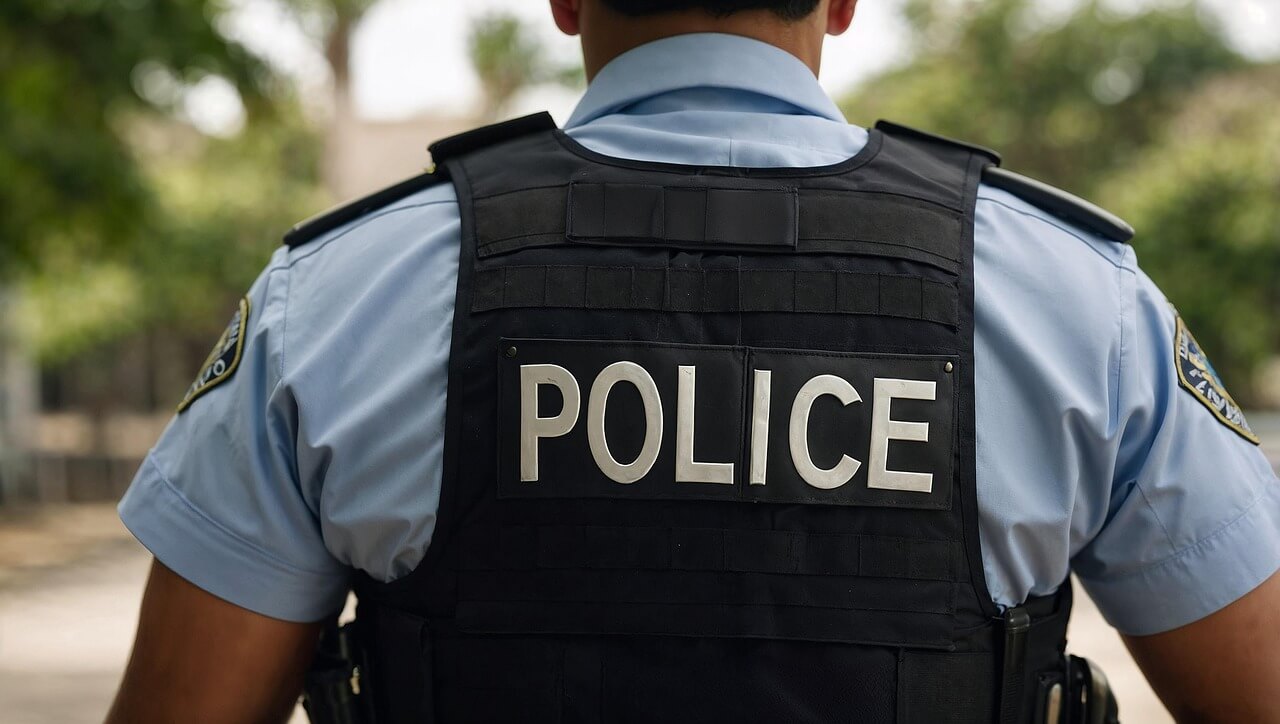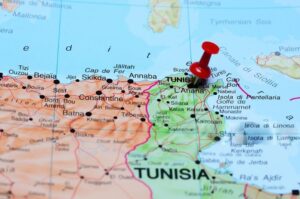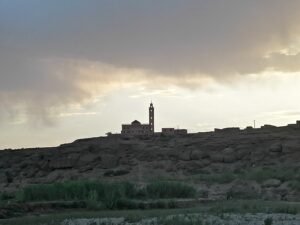Safety in Tunisia: Explore Tunisia’s Wonders with Total Peace of Mind
Tunisia is a land of ancient history, breathtaking landscapes, and fascinating culture, attracting millions of tourists from around the world each year. Understanding the safety situation in Tunisia is essential for planning a worry-free trip and fully enjoying everything this beautiful country has to offer. This guide is designed to provide updated information, practical advice, and useful precautions to ensure a safe tourism experience. Discover with us how to embark on an unforgettable adventure while respecting local traditions and maintaining the utmost serenity.
Addressing the topic of safety in Tunisia also means debunking some myths and prejudices, providing a realistic and objective view of the current situation. Tunisia is a country in constant evolution, committed to ensuring the protection of both its citizens and visitors. With the right precautions and a conscious attitude, you can explore Tunisia’s wonders with total peace of mind.
General Security Situation in Tunisia
The safety in Tunisia is a complex issue that requires careful and updated analysis. In recent years, the Tunisian government has made significant efforts to strengthen internal security and protect tourists. However, it is important to be aware of potential risks and take necessary precautions.
The threat of terrorism remains a concern, although attacks have been rare in recent years. Tunisian authorities are committed to countering terrorism and protecting tourist sites. It is advisable to avoid border areas with Algeria and Libya, where the situation may be more unstable. For updated information, you can consult the Viaggiare Sicuri website of the Ministry of Foreign Affairs.
Petty crime exists in major cities and tourist spots, so it is important to protect personal belongings and avoid displaying valuables. In general, Tunisia is a safe country for tourists, but it is always good to be cautious and well-informed. The goal is to ensure safe tourism without worries.
Practical Tips for Safe Tourism
To ensure a safe tourism experience in Tunisia, it is important to follow some practical advice and adopt responsible behaviors. Here are some useful tips:
- Stay informed: Before traveling, check official sources to know the current safety situation in Tunisia.
- Register: Register your trip on the “Dove Siamo nel Mondo” website of the Ministry of Foreign Affairs to be easily traceable in case of emergency.
- Protect your belongings: Avoid displaying valuables and be cautious of pickpockets in crowded areas.
- Avoid isolated areas: Especially at night, avoid walking alone in poorly lit or isolated areas.
- Respect local traditions: Dress appropriately, especially in religious sites, and respect local customs.
- Be wary of strangers: Be cautious of people who offer help or invite you to questionable locations.
- Contact the embassy: In case of problems or emergencies, contact the Italian embassy or consulate in Tunisia.
By following these simple tips, you can minimize risks and fully enjoy your trip to Tunisia. Prevention is the key to safe travel without worries.
Remember that common sense is always your best ally. Adopt a cautious and responsible attitude, and you will be able to experience an unforgettable journey in Tunisia.
Transportation Safety
Transportation safety is an important aspect to consider when traveling in Tunisia. Here are some tips for traveling safely and reliably:
Use official taxis and ensure the meter is working. Alternatively, agree on the fare before getting in. Avoid unlicensed taxis and unauthorized transport.
If renting a car, check that it is in good condition and follow traffic regulations. Drive cautiously, especially at night and in rural areas. Ensure you have adequate insurance and know emergency numbers in case of an accident.
For long-distance travel, choose trains or buses operated by official companies. Avoid unauthorized or poorly maintained transport. Keep an eye on your belongings during the journey and do not leave luggage unattended.
Accommodation Safety
Choosing the right accommodation is another key factor in ensuring your safety in Tunisia. Here are some tips for selecting a safe and comfortable hotel or riad:
Book accommodations in central, well-lit areas, preferably with positive reviews from other travelers. Check if the hotel or riad has adequate security measures, such as surveillance cameras, security personnel, and in-room safes.
Do not open the door to strangers and do not leave valuables unattended in your room. Use the safe to store valuable items, documents, and money. In case of problems or emergencies, immediately contact the hotel reception or security staff.
If staying in a riad, ask about the surrounding area and potential risks. Avoid walking alone at night in questionable areas and follow the advice of the riad staff.
Areas to Avoid and Recommended Zones
In general, Tunisia’s main tourist cities, such as Tunis, Carthage, Sidi Bou Said, Hammamet, and Sousse, are considered safe for visitors. However, it is advisable to avoid certain border areas and isolated rural regions where the situation may be less stable.
Border areas with Algeria and Libya are considered risky due to the presence of terrorist groups and smuggling activities. It is not recommended to venture into these areas without an experienced guide and without consulting local authorities.
Some isolated rural areas may also be less safe due to crime and lack of infrastructure. It is advisable to check local conditions before planning excursions or travel in these regions. Safe tourism is always the priority.
Useful Resources and Emergency Numbers
- Police: 197
- National Guard: 193
- Civil Protection: 198
- Ambulance: 190
- British Embassy in Tunis
Watch this video on the topic.





